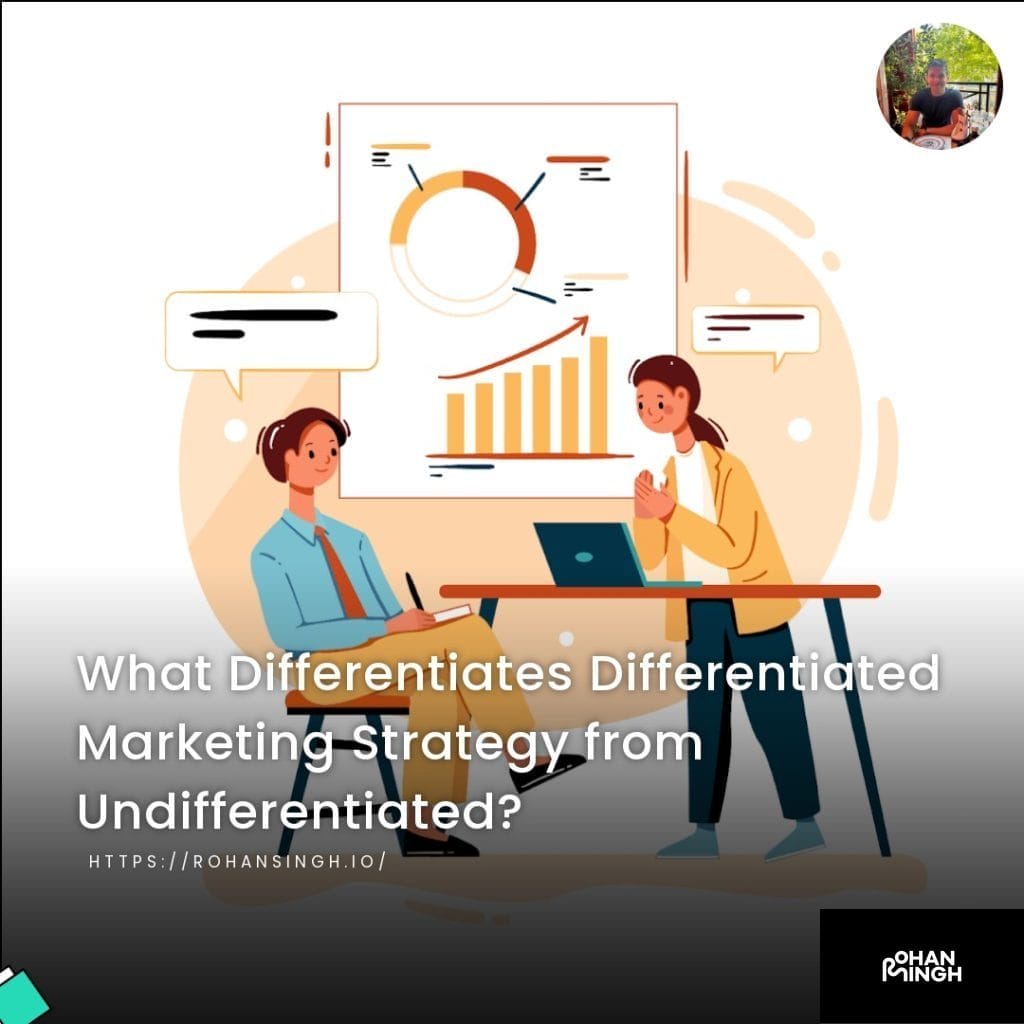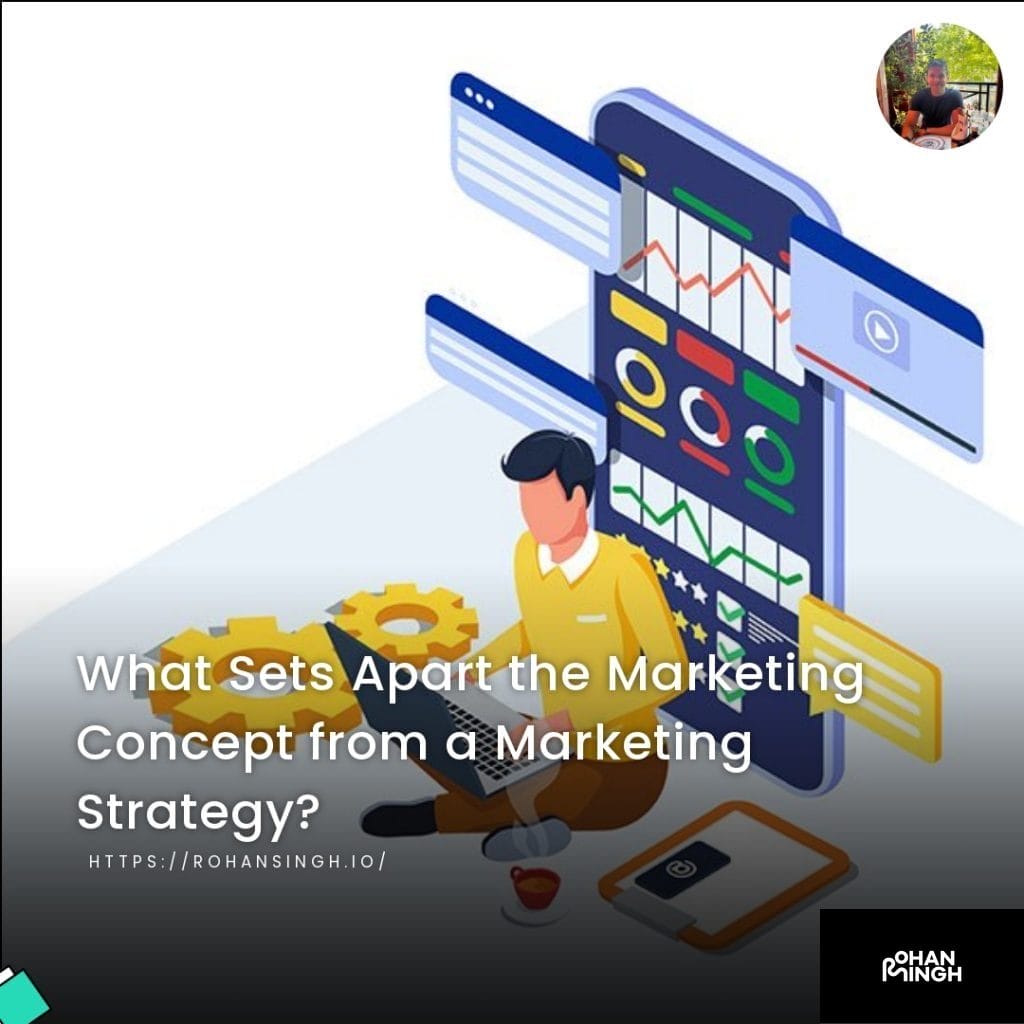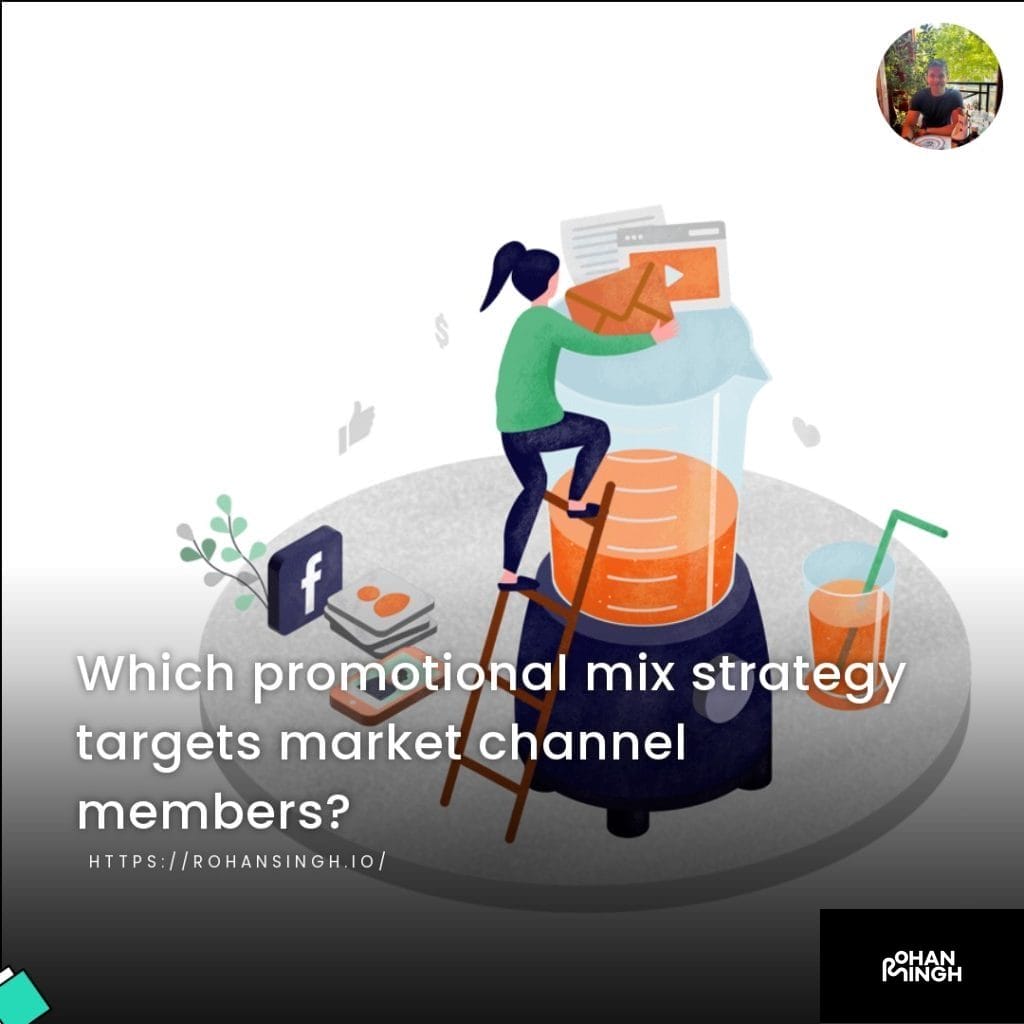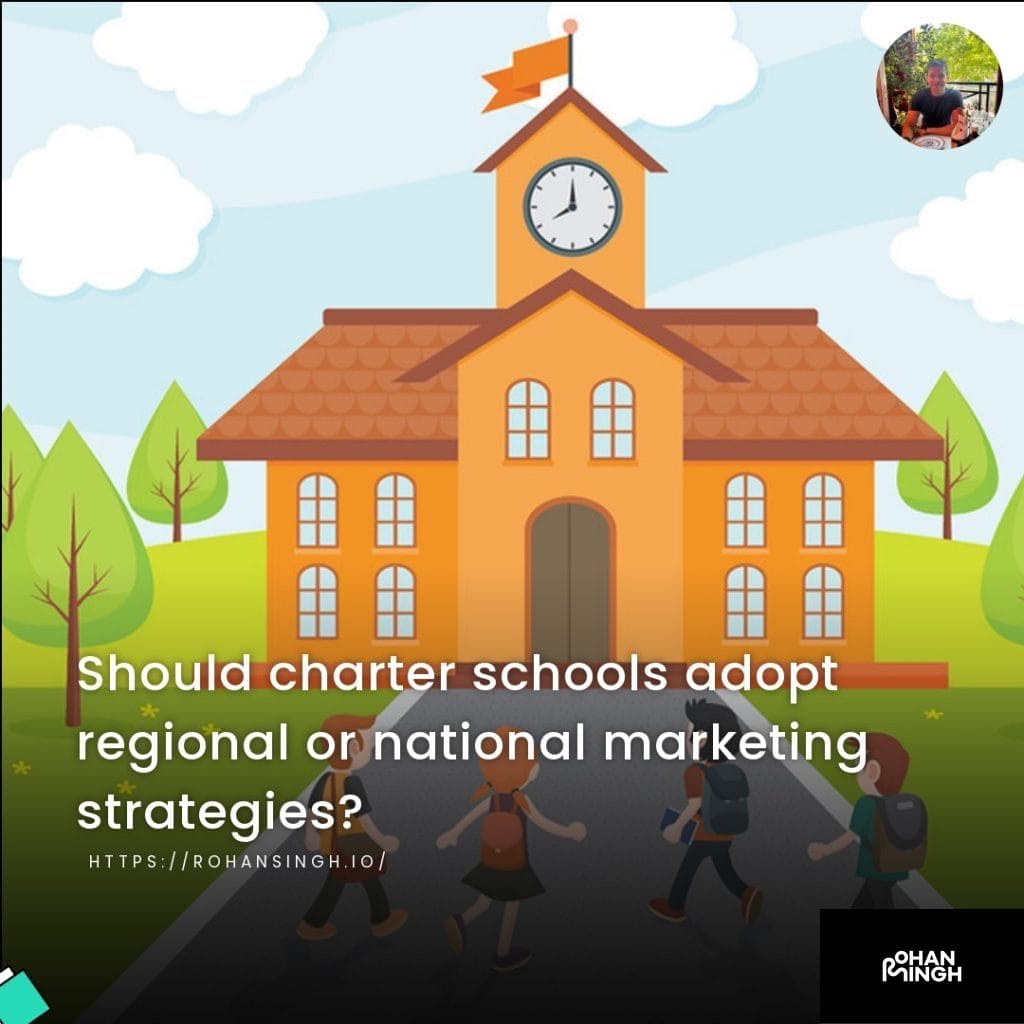Can You Transform Unexpected Publicity into Opportunity with PPC?

What is PPC?
PPC (Pay-Per-Click) is a form of online advertising where advertisers pay a fee each time their ad is clicked. It is a powerful platform that allows businesses to reach their target audience effectively. With unplanned publicity, PPC can be utilized as a valuable tool to capitalize on the increased attention and engagement generated by unexpected events. By strategically implementing PPC campaigns, businesses can leverage this attention to drive traffic, increase brand exposure, and convert potential customers into leads or sales. In this article, we will explore how businesses can use PPC for unplanned publicity to maximize their marketing efforts and achieve their goals.
Table of Contents
TogglePPC, also known as paid search advertising, is a digital marketing strategy where advertisers bid on relevant keywords to display their ads on search engine results pages (SERPs) or other platforms. When a user searches for a specific term, the search engine displays ads related to that keyword. Advertisers only pay when their ad is clicked, hence the name Pay-Per-Click. This differs from organic search, where businesses try to improve their website’s visibility through search engine optimization (SEO) without paying for clicks. PPC allows businesses to have immediate visibility at the top of the search results, bypassing the time-consuming process of ranking organically. PPC campaigns are typically managed through platforms like Google Ads, which provide advertisers with tools to monitor performance, set budgets, and target specific demographics. By using PPC, businesses can target their ideal customers, increase their click-through rate (CTR), and drive qualified traffic to their website or landing page.
The Benefits of PPC
PPC (Pay-Per-Click) advertising offers businesses a range of benefits, particularly when it comes to unplanned publicity. By effectively utilizing PPC for unplanned publicity, businesses can attract targeted traffic, generate high-quality leads, and achieve a significant return on investment (ROI).
One of the key advantages of PPC is its ability to target specific audiences. With various targeting capabilities offered by platforms such as Google Ads, businesses can reach their desired audience with precision. By selecting the right keywords, demographics, and geographic locations, businesses can ensure that their ads are displayed to the right people at the right time, maximizing the chances of engagement and conversion.
Furthermore, PPC allows businesses to have control over their advertising budget. With the ability to set a maximum bid per click and daily budget, businesses have the flexibility to allocate their resources effectively. This ensures that they are only spending money on ads that are generating results and attracting the desired target audience.
Additionally, PPC provides measurable results and analytics. By utilizing tools like Google Analytics, businesses can track the performance of their PPC campaigns, measuring click-through rates, conversions, and ROI. This data-driven approach allows businesses to optimize their campaigns based on real-time insights, ensuring that they are continuously improving their results.
PPC offers businesses a powerful tool for maximizing their marketing efforts, especially when it comes to unplanned publicity. By attracting targeted traffic, generating high-quality leads, and providing a significant return on investment, businesses can leverage PPC to capitalize on the increased attention and engagement generated by unforeseen events.
Let's talk about your future project!
Eager to collaborate on your upcoming endeavor? Let's explore and ignite the potential of your next big idea, shaping a promising future together!
Unplanned Publicity
Unplanned publicity can happen to any business, whether it’s a sudden surge in online discussions, a viral social media post, or unexpected media coverage. To effectively respond to these events and capitalize on the increased attention and engagement, businesses can turn to PPC (Pay-Per-Click) advertising. PPC offers a powerful platform for businesses to act swiftly and strategically in these moments, reaching their target audience with precision and maximizing their marketing efforts. In this article, we will explore how businesses can utilize PPC to respond to unplanned publicity, leveraging data and tools to optimize their campaigns and achieve remarkable results. Let’s dive in!

Definition of Unplanned Publicity
Unplanned publicity refers to any sudden or unexpected attention that a brand or company receives, either positive or negative, without actively seeking it. This attention can come from various sources, such as social media posts, news coverage, customer reviews, or even viral videos.
In the past, traditional advertising methods relied heavily on carefully planned marketing campaigns that were meticulously executed within a set timeline. However, with the rise of social media and the instantaneous nature of communication, the advertising landscape has undergone a significant shift. Companies can no longer rely solely on premeditated marketing strategies, as the online world moves at a rapid pace.
Social media marketing has become increasingly important for businesses due to its ability to amplify and spread unplanned publicity. It has provided a powerful platform for consumers to voice their opinions, share experiences, and influence others. With millions of users actively engaging in social media channels, a single post or review can quickly gain traction and reach a wide audience.
Businesses should act on unplanned publicity because it presents both opportunities and challenges. Positive unplanned publicity can boost brand image, attract potential customers, and increase sales. On the other hand, negative unplanned publicity can damage a company’s reputation, alienate customers, and lead to significant financial losses.
To effectively respond to unplanned publicity, companies can leverage pay-per-click (PPC) advertising campaigns. By running PPC advertisements, businesses can target specific keywords related to the unplanned publicity and position their brand in front of potential customers who are actively searching for information or discussing the topic online.
Platforms like Google Ads allow businesses to launch targeted PPC campaigns that can be tracked using analytics tools. These campaigns can be optimized to maximize click-through rates (CTR) and generate relevant traffic to the company’s website.
Unplanned publicity is a double-edged sword that can have profound implications on traditional advertising. With social media as a primary channel for communication, businesses need to adapt and be proactive in their marketing efforts. Leveraging PPC advertising can help companies respond to unplanned publicity in real-time, ensuring a well-rounded and effective marketing strategy.
Types of Unplanned Publicity
1. Negative Feedback: Unplanned publicity can stem from negative feedback received from customers or influencers. It can occur on social media platforms, review sites, or even through word-of-mouth marketing. By monitoring and addressing negative feedback promptly, businesses can mitigate potential damage to their brand reputation and customer base.
Example: A dissatisfied customer writes a negative review on a popular online review site, highlighting their poor experience with a product or service.
2. Viral Content: Unplanned publicity can also arise from content that unexpectedly goes viral. This can include videos, memes, or posts that capture the attention of a large number of social media users. Businesses can leverage this opportunity by creating relevant content that aligns with the viral trend or by engaging with users through comments or shares.
Example: A humorous video featuring a company’s product unintentionally gains millions of views and generates widespread awareness.
3. Addressing Negative Perceptions: Sometimes, unplanned publicity can be a result of misunderstandings or misinformation about a brand or product. Businesses can address these negative perceptions by promptly clarifying any misconceptions through their marketing channels. This can involve publishing content, statements, or press releases to regain customer trust and correct any false information circulating online.
Example: Responding to online rumors about a potential product recall, a company issues a public statement to clarify the situation and assure customers of product safety.
Unplanned publicity can take various forms, including negative feedback, viral content, and addressing negative perceptions. Businesses need to be vigilant and proactive in monitoring and responding to these types of unplanned publicity to maintain a positive brand image and effectively engage with their target audience. Using PPC for unplanned publicity can help businesses target specific keywords and reach potential customers during real-time conversations and searches.
Reasons to Act on Unplanned Publicity
Unplanned publicity can have a significant impact on a brand’s perception and consumer trust. It is crucial for businesses to act swiftly and strategically in response to such situations. This is where Pay-Per-Click (PPC) campaigns can play a crucial role. By leveraging PPC as a proactive approach to address and mitigate the effects of unplanned publicity, businesses can effectively manage their brand reputation and maintain customer trust.
One key reason to act on unplanned publicity is to control the narrative. When negative feedback or misinformation spreads online, it can quickly tarnish a brand’s reputation. By launching targeted PPC campaigns, businesses can take control of the online conversation surrounding their brand. PPC provides the ability to reach a specific target audience through strategically placed advertisements on search engine results pages. This enables businesses to counteract any negative narratives with their own messaging, ensuring that potential customers are exposed to accurate information about their products or services.
Another reason to act on unplanned publicity is to regain consumer trust. Negative publicity can erode customer confidence in a brand. Through well-executed PPC campaigns, businesses can showcase their commitment to addressing issues and resolving customer concerns. By utilizing targeted keywords and ad placements, they can offer solutions and reassurances directly to the individuals seeking information related to the unplanned publicity. This proactive approach demonstrates transparency and a commitment to customer satisfaction, ultimately helping to rebuild trust.
Moreover, by actively responding to unplanned publicity through PPC campaigns, businesses can mitigate the potential risks associated with such situations. Failure to address negative feedback or viral content can result in long-term damage to a brand’s reputation and loss of customers. By proactively engaging with the audience through PPC, businesses can limit the impact of unplanned publicity and prevent it from spreading further.
Acting on unplanned publicity is crucial to maintain a positive brand perception and consumer trust. PPC campaigns provide businesses with a powerful platform to control the narrative, regain consumer trust, and mitigate the risks associated with unplanned publicity. By leveraging PPC as a proactive approach, businesses can effectively address and manage the effects of unplanned publicity, ensuring the long-term success of their brand. So, remember to prioritize PPC for unplanned publicity and take control of your brand’s online reputation.

Preparing for Unplanned Publicity with PPC Campaigns
When it comes to dealing with unplanned publicity, businesses need to be prepared and proactive in their response. Pay-Per-Click (PPC) campaigns can play a crucial role in helping businesses effectively manage the impact of unplanned publicity. By leveraging PPC as a strategic tool, businesses can control the narrative, regain consumer trust, and mitigate potential risks. In this article, we will explore how businesses can prepare for unplanned publicity with PPC campaigns and how this approach can help maintain a positive brand perception and consumer trust. So, let’s dive in and discover the power of PPC for unplanned publicity.
Setting Up a Target Audience
Setting up a target audience is a crucial step when planning PPC campaigns, especially when responding to unplanned publicity. To effectively use PPC for unplanned publicity, it is important to understand and identify the customers who are most likely to engage with your content. By developing a customer segmentation strategy, you can tailor your campaigns to target specific customer segments and increase the efficiency of your marketing efforts.
When setting up a target audience, begin by analyzing your customer base and identifying key demographics such as age, gender, location, interests, and behaviors. This data can be obtained from tools like Google Analytics, which provides valuable insights into user demographics and behavior on your website. You can also utilize social media platforms to gather data about your audience.
Once the target audience has been identified, segment them into smaller groups based on shared characteristics and interests. This allows you to create more personalized and relevant marketing content that resonates with your audience. For example, if you are a clothing brand, you may segment your audience into categories such as men, women, and children, and further refine the segments based on preferences such as athletic wear, formal wear, or casual wear.
Segmenting your audience correctly is crucial for driving campaign efficiency and providing better customer experiences. By tailoring your PPC campaigns to target specific customer segments, you can optimize your click-through rate and increase the likelihood of conversion. Furthermore, segmenting your audience allows you to personalize your messaging, ensuring that your advertisements are more relevant and compelling to your target audience.
Setting up a target audience for PPC campaigns is essential for effective marketing. By understanding and identifying your customers and developing a customer segmentation strategy, you can drive campaign efficiency and deliver better customer experiences. PPC for unplanned publicity becomes even more effective when you leverage customer segmentation to create personalized and relevant advertising campaigns.
Establishing Goals and Objectives
Establishing clear goals and objectives is essential for the success of any PPC campaign, especially when responding to unplanned publicity. By aligning these goals with your organization’s overall objectives and utilizing a high-level marketing plan template, you can effectively measure the impact of your campaign and make data-driven decisions.
To begin, it is crucial to tie your PPC campaign goals back to the fundamental goals of your business. These can include increasing online revenue, generating more leads, or improving brand visibility. By aligning your PPC campaign with these goals, you ensure that your efforts are contributing to the overall success of your organization.
When setting goals for your PPC campaign, it is important to consider the top priorities and relevant metrics that align with your business goals. Some key priorities to consider may include increasing click-through rates, improving conversion rates, or reducing cost per acquisition. By setting specific and measurable goals in these areas, you can track your progress and optimize your campaign accordingly.
Utilizing tools or applications such as Google Ads and Google Analytics can provide valuable insights and data to help inform your goals and measure your campaign’s performance. These platforms offer features to track and analyze metrics such as click-through rates, conversion rates, and return on ad spend, giving you a comprehensive view of your campaign’s effectiveness.
When establishing goals and objectives for your PPC campaign in response to unplanned publicity, be sure to align them with your organizational objectives and utilize a high-level marketing plan template. Tie these goals back to the fundamental goals of your business and consider top priorities and relevant metrics. By following these steps and leveraging tools and data, you can set your campaign up for success and effectively respond to unplanned publicity.
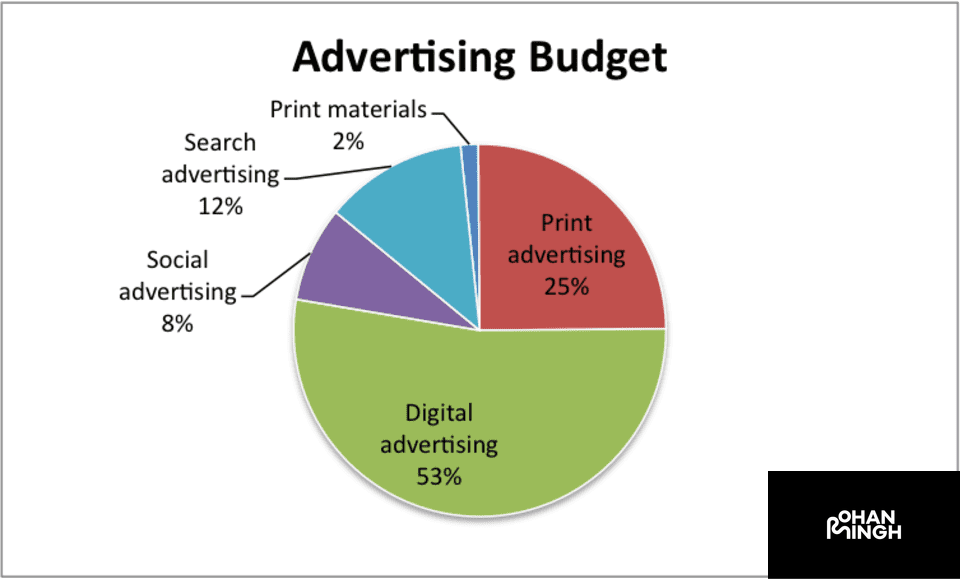
Creating an Advertising Budget
Creating an advertising budget for a successful marketing campaign is a crucial step in ensuring the effectiveness of your PPC for Unplanned Publicity efforts. By carefully allocating your resources, you can maximize the impact of your campaign and achieve your marketing goals.
To begin, it is essential to consider your target audience and the marketing goals you want to achieve. Understanding who your audience is and what they respond to will guide you in determining the appropriate budget allocation for your PPC campaign. Conducting market research and analyzing customer data can provide valuable insights into the preferences and behaviors of your target audience.
Next, evaluate the available resources and set realistic financial targets. Consider factors such as your business’s revenue, existing advertising budget, and any additional funds you can allocate to your PPC campaign. By analyzing past campaign performance and identifying areas of improvement, you can set achievable financial targets that align with your marketing goals.
Utilizing tools and techniques can greatly assist in budget allocation. For instance, calculating the cost per click (CPC) can help determine how much you need to allocate per click to achieve your desired results. Another option is allocating a percentage of your revenue to your advertising budget, ensuring that your spending is directly tied to your business’s performance.
By carefully considering factors such as target audience, marketing goals, available resources, and using tools or techniques to aid in budget allocation, you can create an advertising budget that maximizes the impact of your PPC for Unplanned Publicity campaign. Remember to continuously monitor and adjust your budget as needed to optimize your results and ensure the success of your marketing efforts.
Designing a Click-Through Rate Strategy
Designing a Click-Through Rate (CTR) strategy is essential for any PPC campaign, especially when it comes to responding to unplanned publicity. Monitoring and optimizing your CTR can significantly impact the effectiveness of your advertising efforts. In Google Ads, CTR is closely tied to the Quality Score, a metric that evaluates the relevance and performance of your ads.
To maximize CTR and Quality Score, it is crucial to select relevant keywords that align with the unplanned publicity and the interests of your potential customers. By conducting keyword research and analyzing search terms, you can identify the keywords that will attract the most clicks and drive qualified traffic to your site.
Paired with relevant keywords, valuable content plays a crucial role in engaging potential customers and encouraging further exploration. Your ads should direct users to landing pages that provide useful and informative content, giving users a reason to stay and explore your site. By offering valuable content that aligns with the unplanned publicity, you can increase user engagement and conversions.
To track and optimize your CTR strategy, utilize tools like Google Analytics and ad platforms’ built-in reporting features. These tools allow you to monitor the performance of your ads, identify areas for improvement, and make data-driven decisions to enhance your CTR strategy.
By designing a robust CTR strategy and pairing it with valuable content, you can effectively respond to unplanned publicity and engage potential customers, ultimately promoting the success of your PPC campaign. So, remember the importance of monitoring click-through rates, quality scores, using relevant keywords, and providing valuable content to attract and engage potential customers.
Developing an Effective Marketing Strategy
Developing an effective marketing strategy is crucial for businesses to reach their marketing goals and maximize their success. A well-defined strategy helps businesses assess their current strengths and weaknesses, identify opportunities, and develop tactics to achieve their objectives.
To begin developing a marketing strategy, businesses need to have a clear understanding of their current strengths and weaknesses. This involves conducting a comprehensive analysis of their target audience, competitor landscape, and market trends. By gathering data on their customer base, their competitors’ activities, and industry insights, businesses can identify areas where they excel and areas where they need improvement.
Once strengths and weaknesses are identified, businesses can develop tactics to capitalize on their strengths and improve on their weaknesses. This may involve leveraging current resources and capabilities, investing in training or technology, or forming strategic partnerships. The tactics should align with the overall marketing goals and be specific, measurable, achievable, relevant, and time-bound (SMART).
To support the development and execution of the marketing strategy, businesses should utilize various tools and applications. These tools can help businesses analyze market data, track competitor activities, manage marketing campaigns, and measure the effectiveness of their tactics. Popular tools include Google Analytics for website data analysis, SEMrush for competitor research, and HubSpot for managing marketing campaigns.
Developing an effective marketing strategy is crucial for businesses to achieve their marketing goals. By assessing their current strengths and weaknesses and developing tactics to capitalize on opportunities, businesses can create a roadmap for success. Utilizing tools and applications can further support the execution and measurement of the marketing strategy.

Planning a PPC Campaign for Unplanned Publicity Events
In the fast-paced world of digital marketing, businesses must be prepared to respond swiftly to unplanned publicity events. One effective way to capitalize on these events is through the use of PPC (Pay-Per-Click) campaigns. PPC allows businesses to strategically target their audience, drive traffic to their website, and generate leads in a short period of time. When it comes to unplanned publicity events, time is of the essence, making PPC an invaluable tool for rapid-response marketing. By utilizing PPC, businesses can place their advertisements on search engine result pages and social media platforms, ensuring maximum visibility and reach.
To initiate a successful PPC campaign for unplanned publicity events, businesses should first define their objectives and target audience. By clearly understanding their goals and the specific demographics they want to target, businesses can create tailored campaigns that are more likely to resonate with potential customers. It’s important to conduct thorough keyword research to identify relevant search terms and phrases that are frequently used by the target audience. This will help ensure that the PPC ads appear when users search for related keywords, maximizing the click-through rate and driving traffic to the website.
To implement a PPC campaign effectively, businesses should leverage tools such as Google Ads. Google Ads allows advertisers to create and manage their campaigns, monitor performance, and track conversions. By using Google Analytics, businesses can gain insights into user behavior, optimize their campaigns, and make data-driven decisions. Additionally, businesses can utilize social media platforms for PPC advertising, targeting users based on their interests, demographics, and online behaviors. Platforms such as Facebook Ads and Twitter Ads provide businesses with the ability to create highly targeted campaigns and reach a larger audience.
Remember, it’s important for businesses to allocate an appropriate advertising budget for their PPC campaigns. A well-structured budget ensures that businesses can maximize their advertising efforts and generate a positive return on investment. By continuously monitoring and optimizing their PPC campaigns, businesses can adapt to unplanned publicity events and seize opportunities as they arise. PPC advertising is a powerful platform that enables businesses to act quickly and effectively in response to unplanned publicity, enabling them to capitalize on these events and elevate their marketing efforts.
Crafting Advertising Campaigns & Content Marketing Efforts
Crafting advertising campaigns and content marketing efforts for unplanned publicity events requires a strategic approach to effectively engage the target audience. One powerful tool in this process is PPC (Pay-Per-Click) advertising. PPC allows businesses to quickly respond to unplanned events, ensuring maximum visibility and reach in a short period of time.
To utilize traditional advertising techniques while leveraging the power of social media marketing, businesses can start by defining their objectives and target audience. By understanding their goals and demographics, businesses can create tailored PPC campaigns that resonate with potential customers. Thorough keyword research is essential to identify relevant search terms and phrases commonly used by the target audience. This research will optimize the click-through rate and drive traffic to the website.
In the process of crafting advertising campaigns and content marketing efforts, businesses can leverage tools such as Google Ads and Google Analytics. These tools enable campaign management, monitoring of performance, and tracking of conversions. Utilizing social media platforms like Facebook Ads and Twitter Ads allows businesses to create highly targeted and successful campaigns. These campaigns can be personalized and reused using a central asset repository, ensuring consistency and maximizing efficiency in future advertising efforts.
The benefits of effective campaign management cannot be overstated. By monitoring and responding to results in a timely manner, businesses can make data-driven decisions that optimize their PPC campaigns. This approach enhances brand visibility, increases customer engagement, and ultimately drives revenue.
Crafting effective advertising campaigns and content marketing efforts for unplanned publicity events requires a strategic mix of traditional advertising techniques and social media marketing. By leveraging tools and platforms like PPC, Google Ads, and social media advertising, businesses can capitalize on these events and achieve significant success in a short period of time.
Creating Social Media Platforms & Channels for Campaigns
PPC for Unplanned Publicity has become a powerful platform for businesses to respond to unplanned publicity through social media channels and platforms. To effectively utilize these platforms, businesses must first identify the most relevant social media channels for their target audience.
Social networking websites such as Facebook, Instagram, Twitter, and LinkedIn are popular choices. By analyzing customer demographics, businesses can determine which channels have the highest concentration of potential customers. For example, if the target audience consists of young adults, platforms like Instagram and Snapchat may be more effective.
Once the channels are identified, businesses can create branded social media profiles that align with their overall marketing strategy. These profiles should showcase the company’s values and highlight engaging content. They can also be used to communicate directly with customers through responding to comments, messages, and reviews.
To maximize the reach of PPC campaigns, businesses can leverage mobile phones as a prominent channel for social media marketing. With the majority of social media users accessing platforms through mobile devices, it is crucial to optimize ads for mobile viewing. This can include using catchy visuals, concise messaging, and mobile-friendly landing pages.
To facilitate campaign management and performance tracking, businesses can employ social media management tools or applications such as Hootsuite, Buffer, or Sprout Social. These tools enable businesses to schedule posts, monitor engagement, and track the success of PPC campaigns across multiple social media platforms.
By leveraging the right social media platforms, channels, and mobile phones, businesses can effectively respond to unplanned publicity and enhance their marketing efforts through PPC for Unplanned Publicity.

Conclusion
In conclusion, leveraging PPC for unplanned publicity through reactive marketing can be a powerful platform for businesses to respond effectively to unexpected situations. By utilizing the right approach and tools, companies can quickly adapt their PPC campaigns to capitalize on unplanned publicity and engage with their target audience.
One of the key takeaways from this article is the importance of social media monitoring. By actively monitoring social media channels and staying aware of any unplanned publicity, businesses can respond promptly and appropriately. This allows them to address any concerns or feedback from customers in real-time, building trust and loyalty.
Furthermore, choosing the right approach for working with PPC experts is crucial. Collaborating with experts who have experience in reactive marketing can help businesses optimize their campaigns and effectively act on unplanned publicity. These experts can provide valuable insights, strategies, and tools to maximize the impact of PPC campaigns in response to unplanned publicity.
Overall, incorporating reactive marketing into PPC efforts can enhance brand visibility, reputation, and customer engagement. By being proactive in monitoring social media and working with PPC experts, businesses can effectively utilize PPC for unplanned publicity and stay ahead in the competitive market.
FAQs
What is unplanned publicity?
Unplanned publicity refers to any unexpected or unforeseen attention that a business or brand receives. It can be positive, such as a viral post or a celebrity endorsement, or negative, such as a customer complaint or a damaging review. Unplanned publicity can significantly impact a business’s reputation and customer perception.
How can PPC help in responding to unplanned publicity?
PPC (Pay-Per-Click) is an effective marketing strategy that allows businesses to display ads on search engines and various online platforms. When unplanned publicity occurs, PPC can be used to quickly respond and engage with the target audience. By creating targeted PPC campaigns, businesses can leverage relevant keywords and ad copy to address the unplanned publicity and regain control over the narrative.
What are the benefits of using PPC for unplanned publicity?
PPC offers several advantages for responding to unplanned publicity. Firstly, it provides quick and immediate visibility, allowing businesses to reach their target audience effectively. Secondly, by strategically targeting specific keywords and demographics, businesses can optimize their click-through rates (CTR) and conversion rates. Lastly, PPC provides measurable results through tools like Google Ads and Google Analytics, enabling businesses to track the effectiveness of their campaigns and make data-driven decisions.
Are there different types of unplanned publicity?
Yes, there are various types of unplanned publicity, including social media crises, negative reviews, influential endorsements, viral content, and competitive attacks. Each type requires a tailored approach in responding through PPC, such as addressing concerns, promoting positive reviews, or countering false information.
What tools or applications can assist with using PPC for unplanned publicity?
There are several tools and applications available to aid businesses in using PPC for unplanned publicity. Platforms like Google Ads and social media advertising platforms provide essential features to create, monitor, and optimize PPC campaigns. Additionally, social media monitoring tools like Hootsuite or Sprout Social can help businesses stay informed about any unplanned publicity and respond promptly.
Similar articles about Acquisition Strategy:
Ready to Plan Your Dream Trip with ChatGPT Vacation Planner?, Want to Experience the Magic of Third-Party ChatGPT Plugins?, How can Efficient Project Management Boost Your Success?, Looking to Boost Your YouTube Views? Use ChatGPT for Top-Notch Video Optimization!
Are You Leveraging SEO Audits to Win More Clients?, Ever Thought of Starting an AI Career? Discover How Today!, Can SEO Propel Your Store to 1 Million Monthly Visitors?, How Can Google Bard Supercharge Your SEO Content Strategy?
Eager to Multiply Local Business Reviews from Travelers?, Which is the Best AI Chatbot? A Head-to-Head Comparison of ChatGPT, Claude 2, Bing Chat, and Google Bard, Want a Game-Changer in SEO? Have You Tried AI and Chrome Extensions Yet?,
Can AI-Powered Growth Spark Your Business Acceleration and Digital Transformation?, Ready to Achieve SEO Mastery and Stand Out in the Digital World?, Ready to Dominate the Future? How Can You Kickstart Your AI Data Science Career Today?, Want to Dominate Google SERP? Learn How to Supercharge Your Content Strategy!, Have You Explored the ChatGPT Android App Yet?
Ready to Supercharge Your Business? Harness the Power of Always-On PPC Strategy Now!, Are You Choosing the Right Digital Agency for Your Business? Discover the 5 Key Considerations!, How Can AI Marketing Tools Transform Your Social Media Career?, How Can You Dominate YouTube Rankings with SEO in 2023?
Struggling with Competitive Organic Keywords? Try Our Advanced Keyword Domination Strategy!, Want to Dominate Google Page Ranking? Discover the Secrets Here!, Can You Transform Unexpected Publicity into Opportunity with PPC?, Want to Create High-Converting Emails Fast? Have You Tried AI Copywriting & ChatGPT?
How Can You Thrive in the AI Era? A Guide to AI Survival, Want to Dominate Google's First Page? Discover the Essential SEO Ranking Factors, How to Implement Generative AI Tools Safely and Ethically? Navigating the Ethical AI Implementation Quandary, Ready to Scale Your Career? How to Learn Growth Marketing in 6 Transformative Steps
Ready to Launch Your Career? How to Land Your First Digital Marketing Job: A Must-Read Guide for Freshers!, Want to Safeguard Your Paid Search Campaigns? Discover Proven Strategies Here!, Looking to Boost Your WordPress SEO with AI? Here are 12 Tools You Can’t Miss!, Want to Boost Your Google Rankings? Master SEO Strategies to Hit #1 Now!
How Can AI SEO Revolutionize Your Online Strategy?, Are Your High Schoolers Ready for the AI Wave?
What Marketing Strategy Did Cheetos Employ for Plants vs. Zombies Collaboration?
Rohan Singh | May 1, 2024 | Acquisition What Marketing Strategy Did Cheetos Employ for Plants vs. Zombies Collaboration? Background on Cheetos Cheetos, a popular brand of cheese-flavored snacks, has made a name for itself with its bold and playful marketing strategies. Known for its irreverent and creative campaigns, Cheetos has consistently found unique ways […]
What Marketing Strategy Did Cheetos Employ for Plants vs. Zombies Collaboration?
Rohan Singh | May 1, 2024 | Acquisition What Marketing Strategy Did Cheetos Employ for Plants vs. Zombies Collaboration? Background on Cheetos Cheetos, a popular brand of cheese-flavored snacks, has made a name for itself with its bold and playful marketing strategies. Known for its irreverent and creative campaigns, Cheetos has consistently found unique ways […]
What Differentiates Differentiated Marketing Strategy from Undifferentiated?
Rohan Singh | April 30, 2024 | Acquisition What Differentiates Differentiated Marketing Strategy from Undifferentiated? Definition of Differentiated Marketing Strategy A differentiated marketing strategy is a targeted approach that focuses on creating unique products or services to meet the specific needs and preferences of different customer segments. It recognizes that customers have diverse tastes, preferences, […]
What Sets Apart the Marketing Concept from a Marketing Strategy?
Rohan Singh | April 29, 2024 | Acquisition What Sets Apart the Marketing Concept from a Marketing Strategy? Definition of Marketing Concept The marketing concept is a philosophy that places the customer at the center of all marketing activities. It focuses on understanding the needs and wants of the target market and delivering value to […]
Which promotional mix strategy targets market channel members?
Rohan Singh | April 28, 2024 | Acquisition Which promotional mix strategy targets market channel members? When it comes to promoting a product or service, companies utilize various strategies to reach their target audiences. One key strategy that directs marketing efforts toward market channel members is known as trade promotion. Trade promotion is a type […]
Should charter schools adopt regional or national marketing strategies?
Rohan Singh | April 27, 2024 | Acquisition Should charter schools adopt regional or national marketing strategies? Purpose When it comes to marketing strategy in the field of charter schools, two broad approaches can be taken: regional and national. Each approach has its purpose and benefits depending on the goals and aspirations of the charter […]
Share :


